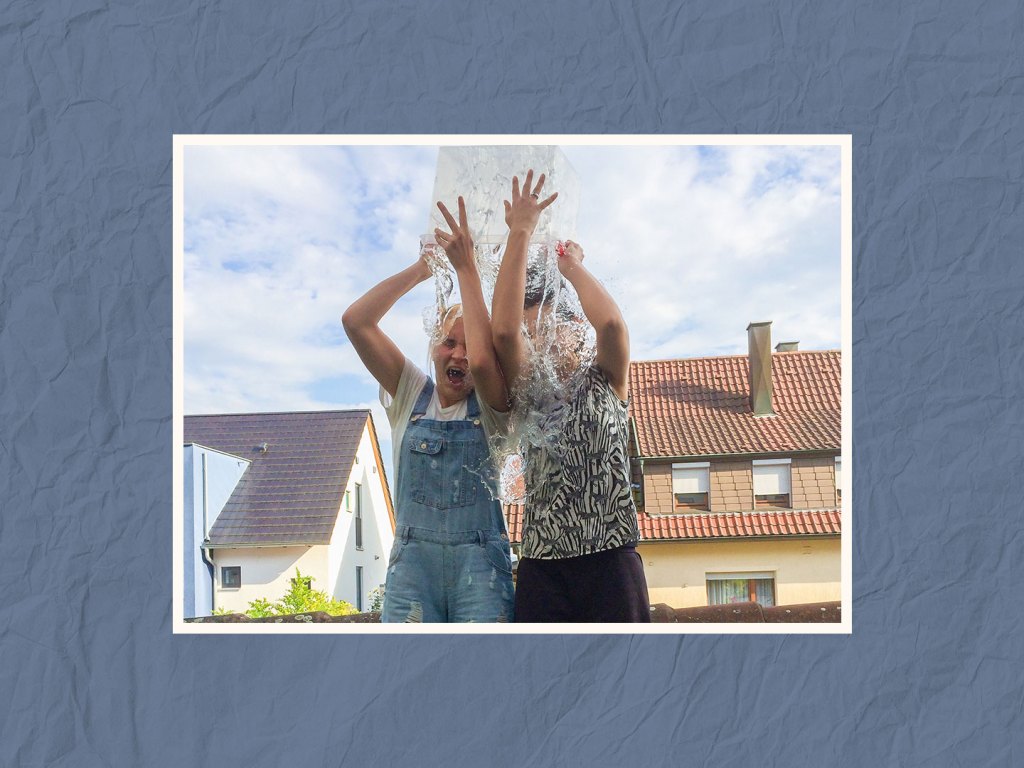Should you have been across the Web in 2014, you most likely keep in mind the ice bucket problem. You realize the drill: folks dumping water on themselves, posting it on-line, and tagging their mates to do the identical, all for the reason for elevating cash for ALS analysis. What you most likely didn’t count on was the ice bucket problem making a comeback 11 years later, because of Gen Z’s passion for mental health — and as soon as once more, it’s working.
The ice bucket problem resurfaced on the College of South Carolina, the place college students within the Mental Illness Needs Discussion (MIND) club started utilizing it to boost cash for Active Minds, a nonprofit group targeted on mobilizing youth and addressing mental health stigma. That was again in March. As of late April, the #SpeakYourMIND hashtag has over 200,000 posts and has garnered help from celebrities like James Charles and the hosts of the At this time present, who did it live on-air. So far, the new ice bucket problem has raised over $340,000 for Energetic Minds, far surpassing the preliminary $500 aim set by USC college students, per NBC.
And whereas that’s a significant accomplishment, the ice bucket problem can be serving to to boost consciousness round mental health and chip away on the stigma that also surrounds it. Due to that, consultants imagine this sort of motion could make an actual distinction. “I truly simply noticed it yesterday alone social media feed,” Heather Hagen, MS, LMFT, Government Director of Scientific Outpatient Companies at Newport Healthcare tells SheKnows. “I’m personally thrilled. Something that we are able to do to name consciousness to the psychological well being wrestle is an effective factor.”
Brett Curtis, the director of neighborhood fundraising and occasions at Energetic Minds, agrees, telling NBC that donations have been “secondary” to the motion. “This was an opportunity for us to help a bunch of scholars, and that’s at all times been our mission,” he informed the outlet, including that he’s excited “to see it maintain going for so long as it does.”
Hagen notes that social media actions like this may additionally remind people who find themselves coping with psychological well being struggles that they’re not alone — and possibly even encourage them to reach out for support. “Being doused with ice chilly water takes a bit little bit of bravery, for positive,” she explains. “We’re hoping that individuals can type of translate that bravery into, ‘I’m going to try this onerous factor. I’m going to make that telephone name and see about getting some help for myself. I’m going to name that good friend, and after they ask how I’m doing, I’m going to be trustworthy this time about it.’”
It’s additionally a superb reminder that as a lot as we speak about social media being harmful for teenagers’ psychological well being, it may also be used for good — by creating and connecting a neighborhood round a worthy trigger.
Earlier than you go, try our favourite reasonably priced apps for psychological well being:

